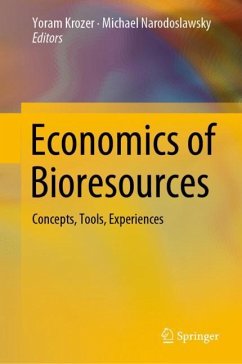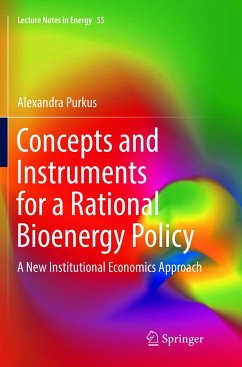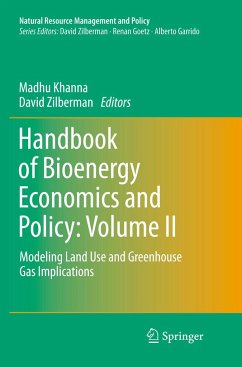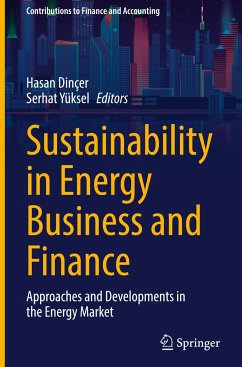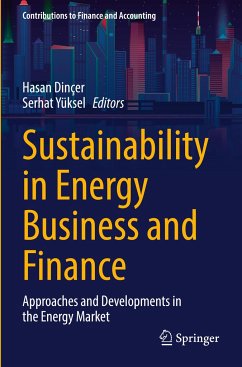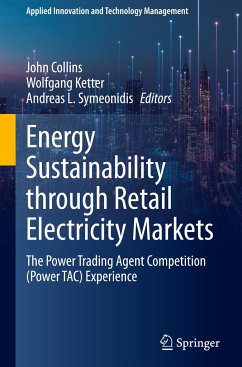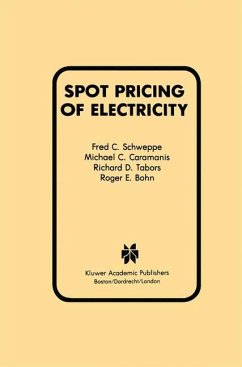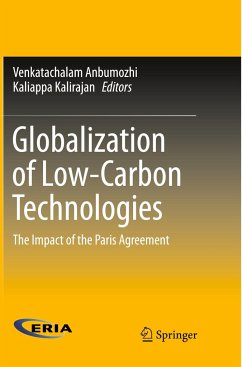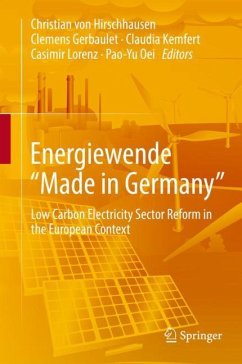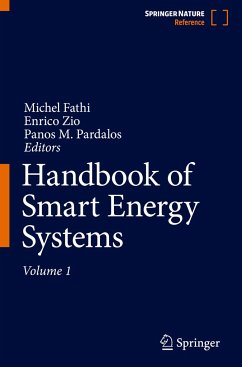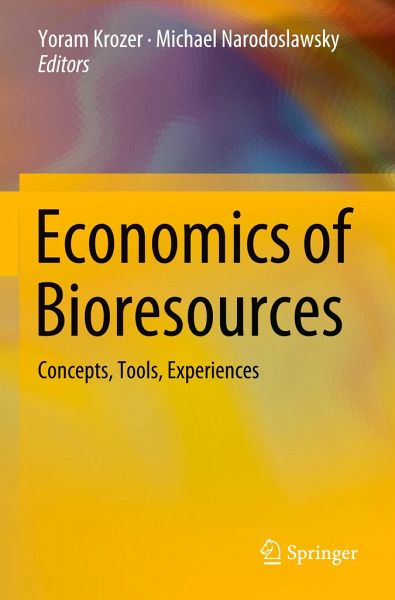
Economics of Bioresources
Concepts, Tools, Experiences
Herausgegeben: Krozer, Yoram; Narodoslawsky, Michael
Versandkostenfrei!
Versandfertig in 6-10 Tagen
53,49 €
inkl. MwSt.

PAYBACK Punkte
0 °P sammeln!
This fundamental book provides a cross-sectoral, multi-disciplinary view on the biobased economy. It explains opportunities for the value-adding production and use of bioresources, while also discussing the main drivers and obstacles involved. The book is divided into three major parts, the first of which introduces readers to the basics of bioresource economics and engineering. In terms of economics, it discusses decision-making from the policy, producer, investor, and citizen perspectives; in terms of engineering, it addresses key technologies and the processing of bioresources, as well as t...
This fundamental book provides a cross-sectoral, multi-disciplinary view on the biobased economy. It explains opportunities for the value-adding production and use of bioresources, while also discussing the main drivers and obstacles involved. The book is divided into three major parts, the first of which introduces readers to the basics of bioresource economics and engineering. In terms of economics, it discusses decision-making from the policy, producer, investor, and citizen perspectives; in terms of engineering, it addresses key technologies and the processing of bioresources, as well as the development of biorefineries for high-value products on large and small scales. In turn, the book's second part presents cases focused on different types of energy use, and written by practitioners. The cases illustrate the businesses and technologies involved, as well as the roles of citizens, social organisations and policies. The book's third and last part highlights opportunities in sustainable agriculture, valuable industrial products and innovative services, while also outlining key conditions for success.
Written by a team of scholars and practitioners from various engineering, natural-science and social-science disciplines, the book is primarily intended for undergraduate and graduate students, and for practitioners in business and policy who wish to explore the sustainable production and use of bioresources. All theoretical issues are explained with the aid of real-world examples, making the content highly accessible.
Written by a team of scholars and practitioners from various engineering, natural-science and social-science disciplines, the book is primarily intended for undergraduate and graduate students, and for practitioners in business and policy who wish to explore the sustainable production and use of bioresources. All theoretical issues are explained with the aid of real-world examples, making the content highly accessible.





